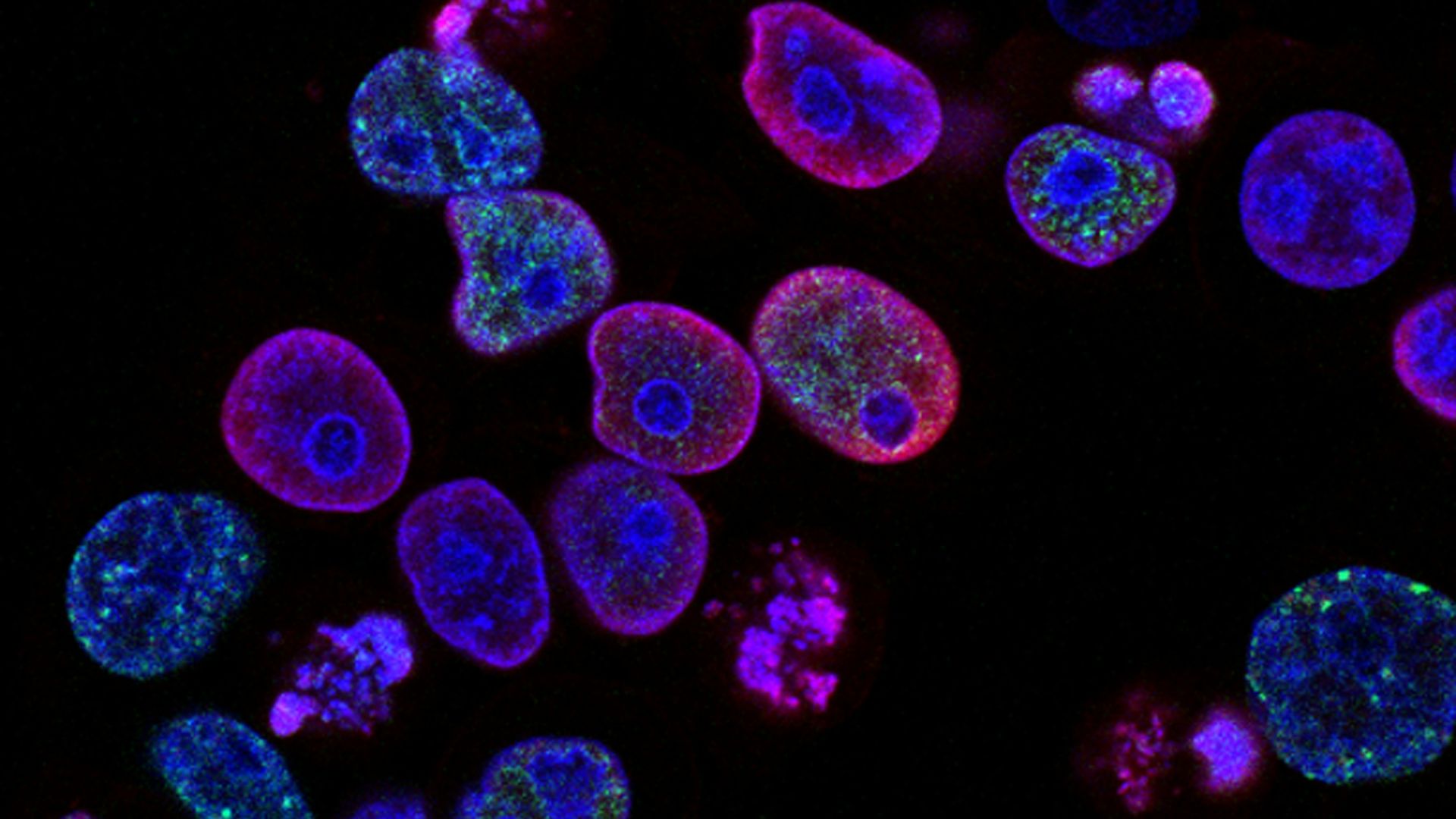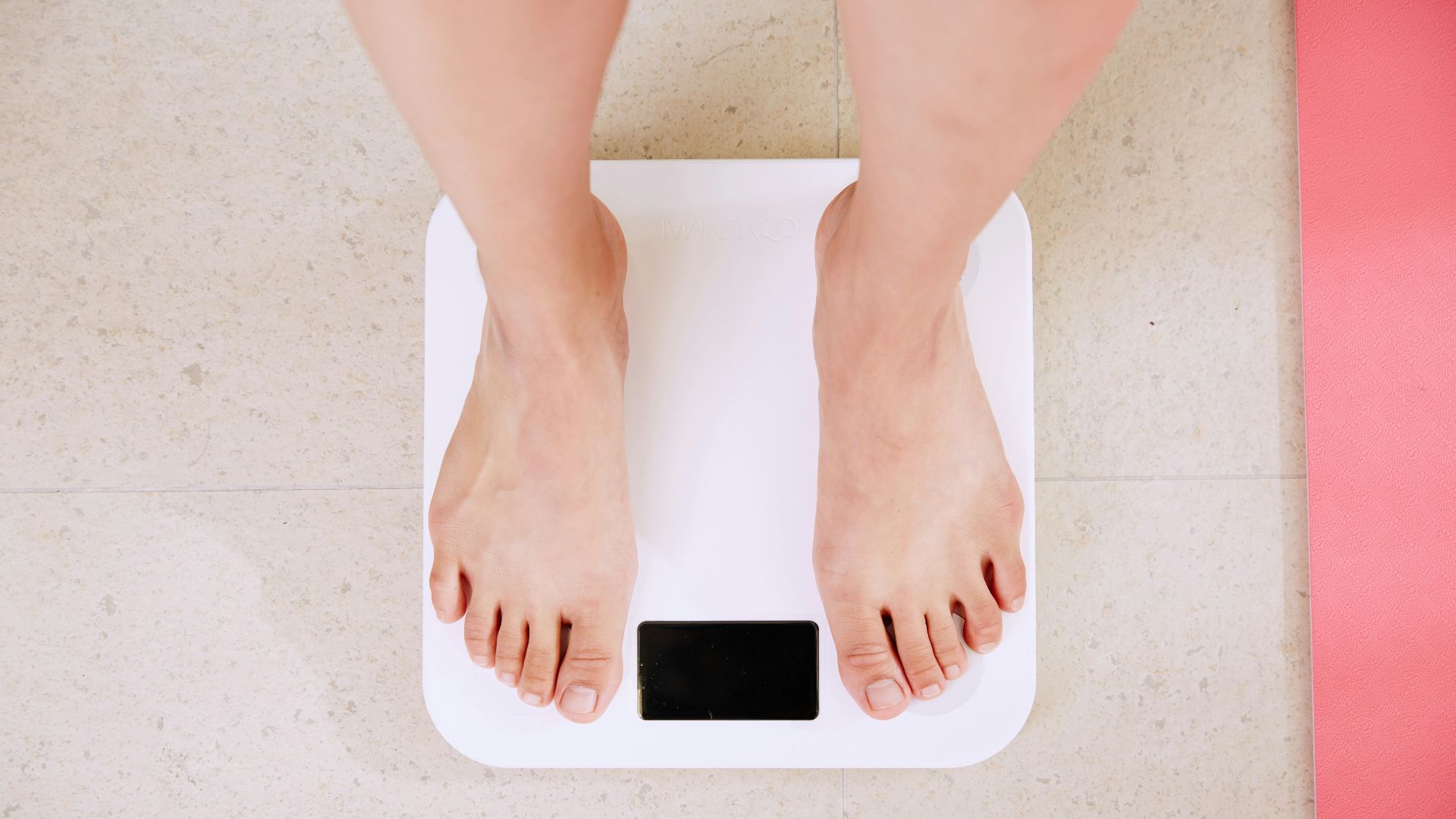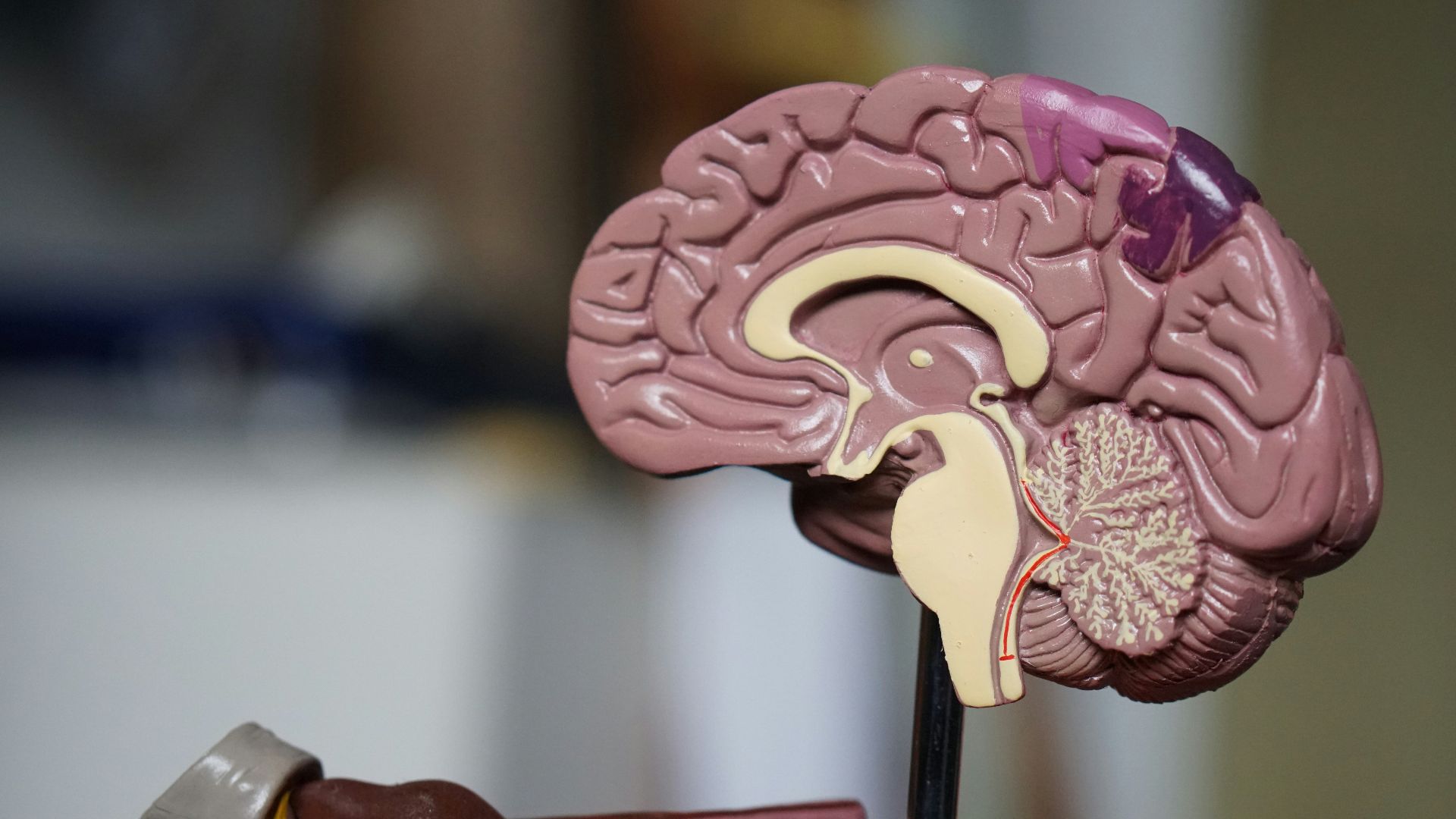Intermittent Fasting: 10 Myths You Should Stop Believing & 10 Truths to Learn
Intermittent Fasting: 10 Myths You Should Stop Believing & 10 Truths to Learn
What's All the Hype Around Intermittent Fasting?
You may have heard of intermittent fasting (IF) being recommended by many for weight loss, but what is it and should you really believe the hype? IF is a type of time-restricting diet where people alternate between a fasting period and an eating window. While there are scientifically-backed benefits to this, you might still be wary. If you're wondering whether you should listen to the crowd or not, here are 10 debunked myths about IF—and 10 truths to believe instead.
1. It's Just Skipping Breakfast
Sure, this might be true for some people who narrow their window to exclude their morning meal, but not everyone who follows IF schedules their eating periods in the same way. However, people do tend to usually push their window to later in the day to better accommodate hunger patterns and socializing during meals.
2. It Can Cause an Eating Disorder
While it's best to exercise caution for those who have had a history of eating disorders in the past, IF doesn't cause disordered eating on its own. In fact, studies have shown that IF may reduce cravings and binge-eating symptoms—though these studies were done on participants with no history of ED. It's important that you inform your doctor first if you do decide to follow IF, and to take note of how it could affect you based on your mindset around food and your eating patterns.
3. You'll Feel Hungry All the Time
When you first follow IF, you might initially feel hungry—your body is adjusting to this new schedule, after all. But as your body gets accustomed to this eating period window you've established, you'll eventually adapt and shift your hunger cues.
4. You Can Lose Muscle Mass
IF won't cause you to lose muscle mass. Instead, you'll keep lean mass but lose fat, which is exactly what most people aim for. However, if your sole goal is to gain muscle, IF probably isn't the best diet to follow (as it's mostly done for weight loss), even if you pack high-protein foods into your window.
5. It Slows Down Metabolism
Actually, the contrary is true: by fasting, your body gets the rest it needs to boost the hormones—like norepinephrine and the growth hormone—required to regulate metabolism. The increases in these hormones allow your body to burn more fat and shed weight.
 Jarritos Mexican Soda on Unsplash
Jarritos Mexican Soda on Unsplash
6. You Can Eat Anything You Want Inside the Window
Just as you would stick to healthy foods on a diet, eating high-calorie, processed, and sugary foods shouldn't be your first choice while following IF. Even though you have a shorter eating period window, eating unhealthy snacks and meals won't lead to weight loss or benefit your body.
7. You Can't Drink Anything Outside Your Window
You might think that since fasting means you can't eat anything, you also can't drink anything. But if you're thirsty, it's generally fine to keep hydrated with calorie-free liquids, like black coffee, unsweetened tea, or water. There's technically no hard and fast rule for IF, but to keep to your goal and the purpose of this diet, avoid sugary or high-calorie drinks, like soda.
8. It's a Short-Term Solution
IF could be followed as a quick-fix solution, but you're unlikely to see results this way. As with most diets that encourage healthy weight loss, you should follow IF as a lifestyle change, rather than a temporary eating pattern to shed off a few pounds.
9. It's for Everyone
IF is not for everyone. If you're pregnant, breastfeeding, have an existing medical health condition, a weakened body, or have a history of disordered eating, you should not be fasting. Before you decide to make any lifestyle or diet changes, it's vital to chat with your doctor first.
10. It Affects Reproductive Hormones
While studies done to test this exact hypothesis have so far suggested that IF doesn't affect reproductive hormones negatively, the results have been mixed. It's still important to remember that everyone's body is different. Fasting can quickly become harmful if you're not eating enough nutritious meals—or enough at all—within your allowed window.
Now that we've debunked some common myths about IF, let's jump into 10 benefits of IF that are true.
1. It's Good for Weight Loss
IF is great for weight loss. By setting up a narrow window for when you can and can't eat, you're essentially restricting the amount of calories you consume. It may also remind you to be more cautious about the foods and snacks you choose to eat, as well as encourage mindful eating.
2. It's Good for Insulin Resistance
Insulin resistance happens when your muscle, fat, and liver cells don't respond the way they should to insulin, which regulates blood sugar. Over time, this leads to prediabetes and eventually type 2 diabetes. But how does IF play into this?
If you're constantly eating throughout the day, especially carbohydrate-rich snacks, your body is continually producing insulin, keeping its levels high. By fasting and narrowing your eating window, you allow time for your body to rest and your insulin levels to come down.
3. It Affects Women & Men Differently
Not only does IF affect women and men differently, it affects everyone differently. While the 16:8 window (fasting for 16 hours, eating within an eight-hour window) is often the recommended approach, it's, again, important to speak with your doctor to see if IF will work for you.
4. May Help Prevent Type 2 Diabetes & Obesity
As mentioned, IF can help with insulin resistance by giving your body enough time to rest. This allows insulin levels to drop while boosting fat-burning hormones, like norepinephrine and the growth hormone, which can help regulate your metabolism. Plus, by controlling your caloric intake, you lower your risk of obesity, which may in turn prevent type 2 diabetes.
5. Boosts Cognition & Memory
Studies done on animals and humans have shown a boost in working memory in the former, while verbal memory was improved in the latter. Some research has even suggested that IF can promote the growth of new nerve cells in animals.
6. May Improve Heart Health
While recent studies have seen opposite findings, the idea that IF could potentially improve heart health is a matter of what you choose to put in your body, as well as how healthy you are to begin with. While the general logic is that diets meant for weight loss can help lower cholesterol and blood pressure, thus leading to improved cardiovascular health, it's still crucial to consult and discuss with your doctor before you make lifestyle changes.
 Photo By: Kaboompics.com on Pexels
Photo By: Kaboompics.com on Pexels
7. May Help Reduce Inflammation & Oxidative Stress
Previous research has found that IF may help reduce inflammation in the body and enhance resistance to oxidative stress by boosting your body's antioxidant defenses. This, in turn, can help with slowing down signs of aging.
8. May Prevent Alzheimer's Disease
Since IF can help boost cognitive function and memory, studies suggest that IF may help prevent neurodegenerative diseases, like Alzheimer's. More specifically, research on animals revealed that time-restricted eating protected damage to the brain, which could reduce—and even potentially reverse—signs of dementia.
9. Induces Autophagy
Autophagy is a process within your body where old cells are replaced by new ones. This means damaged cells are either recycled or cleared out. This process occurs when you fast, which is why time-restricted diets like IF can help protect the body from various disorders and diseases.
 National Cancer Institute on Unsplash
National Cancer Institute on Unsplash
10. May Reduce Risk of Cancer
Because IF can lower insulin levels, prevent inflammation, and trigger cell repair processes like autophagy, these benefits could, in turn, help potentially reduce your risk of cancer. However, more research needs to be done to see if there's enough of a positive correlation.
KEEP ON READING

20 Discontinued Snacks All Millennials Will Remember
























